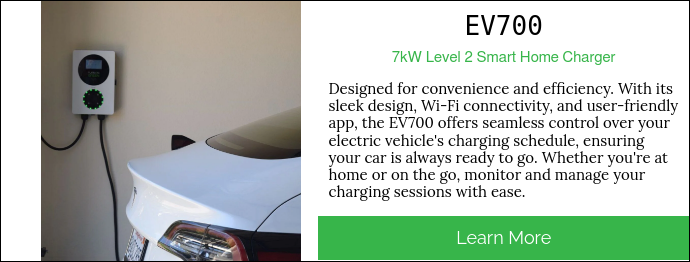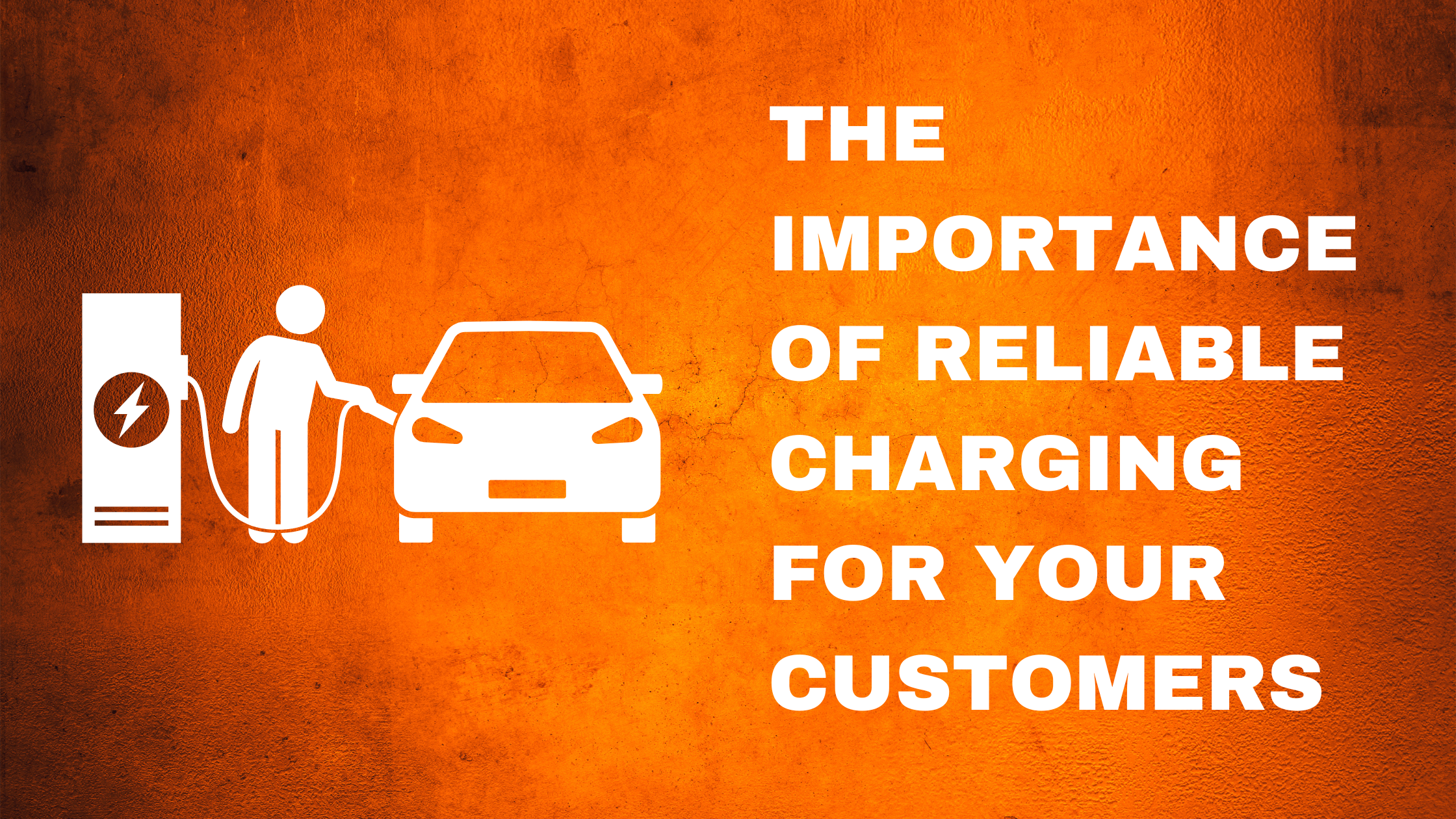Top 3 Things to Consider Before Making the Switch to an Electric Vehicle

Driving an electric vehicle (EV) can save you money and help reduce your carbon footprint. Beyond the environmental benefits, EVs offer a quiet and smooth driving experience that sets them apart from traditional gas or diesel vehicles.
While the process of buying an EV is similar to purchasing a conventional car, there are specific details unique to electric vehicles that you should consider. Here are three key factors to think about before making the switch to electric.
1. Evaluate Your Charging Options
One of the most significant differences when switching to an electric vehicle is how you “refuel” your car. With an EV, you'll rely on charging stations instead of gas stations. You can charge your EV at home if you have the necessary equipment, but it’s also essential to be familiar with public charging infrastructure.
Charging at home is also an option and often the most convenient. However, home charging typically occurs at a slower rate than public charging stations.
Before buying an EV, take a look at the charging network near you and along your typical routes. You might be surprised by how convenient it is to find a charging station that fits your needs. Most new EVs offer a range well over 200 miles on a single charge, which is far more than the average journey distance for most drivers.
TurnOnGreen makes it easy to keep your vehicle powered up with a variety of charging solutions, whether at home, at work, or on the go.
-
Home Charging: With TurnOnGreen’s reliable home charging stations, you can conveniently charge your EV overnight, ensuring it’s ready to go every morning. While home charging is typically slower than public stations, it’s incredibly convenient for daily use.
-
Public Charging: TurnOnGreen also offers solutions for public charging. Our network of fast chargers ensures you can quickly top up your battery while running errands or traveling longer distances. Many public chargers in the network can charge your EV to 80% in just 30 minutes.
2. Decide Between an All-Electric Vehicle or a Plug-In Hybrid
When considering going electric, you'll need to choose between an all-electric vehicle and a plug-in hybrid (PHEV). An all-electric vehicle operates solely on battery power and needs to be recharged at a charging station. These vehicles are the cleanest and quietest on the road but may not offer the range some drivers need for longer trips.
On the other hand, a plug-in hybrid combines the benefits of an electric vehicle with the range of a traditional gas or diesel car. You can drive a PHEV on battery power alone for short trips and switch to gas or diesel for longer journeys. While this offers greater flexibility, PHEVs generally have a shorter electric range than fully electric vehicles and don't match the environmental benefits of going fully electric.
Battery technology is constantly improving, so fully electric vehicles will likely continue to close the range gap with PHEVs. Still, if you often take long trips, a PHEV might be a more practical option for you right now.

3. New vs. Second-Hand Electric Vehicles
The growing popularity of EVs means that there are now second-hand options available. However, buying a used EV requires careful consideration, especially regarding battery health.
Electric vehicles have fewer moving parts than traditional cars, which means less wear and tear. However, the battery is the most crucial component in a second-hand EV. Over time, EV batteries lose a small fraction of their maximum capacity—typically around 2-2.5% per year. This means a five-year-old EV will have slightly less range than when it was new, and a ten-year-old EV will have around 80% of its original capacity.
Before purchasing a used EV, it's important to check for battery degradation. While replacing or repairing a battery out of warranty can be expensive, many manufacturers offer warranties that cover the battery for several years or a specific distance. For example, the Hyundai Kona Electric offers an eight-year or 200,000miles battery warranty, while the Nissan Leaf provides a five-year unlimited mileage battery warranty.
Make the Right Decision for You
Buying an electric vehicle is becoming easier and more practical, with better ranges, more charging options, and a wider selection of vehicles. When deciding to go electric, it's important to understand your options, be clear about your needs, and set a realistic budget—much like you would when buying any car.
With the right information, you can make a decision that not only benefits you but also contributes to a cleaner, greener future.
![]()
Charge ahead with confidence.
The #Green Team




